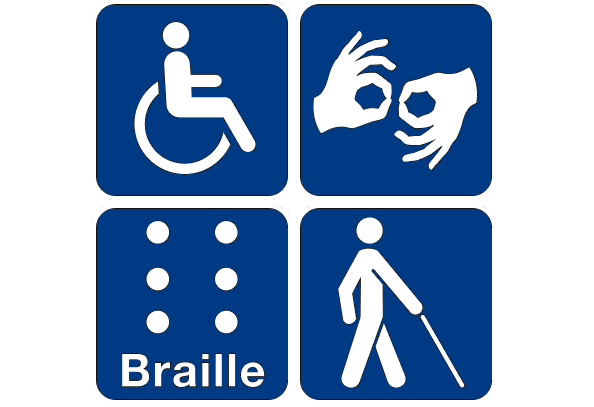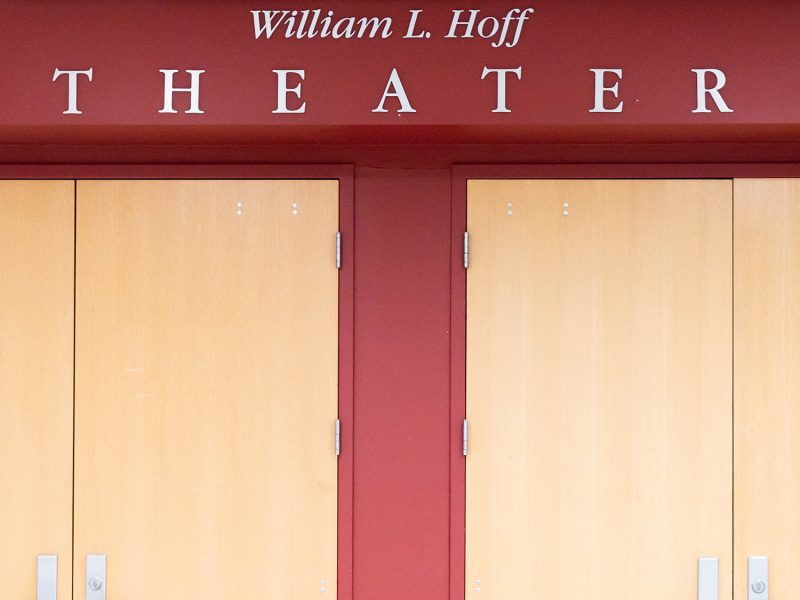Views expressed in opinion columns are the author’s own.
The University of Maryland touts fearless ideas and innovation, especially in science and technology. But why not try to be on the forefront of progress in the humanities as well? Disability studies, which emerged as an academic field in the 1980s, can still be greatly expanded — and it would benefit this university to contribute to that growth.
Disability studies, like women’s and gender studies, sit at the intersection of disciplines in both science and the humanities. It focuses on the use of different lenses and theories to understand the way our society views disability and how those perceptions and policies can be harmful or productive.
About a month ago, the students of the group ASL NOW launched a petition to convince the University of Maryland to start an American Sign Language major. Garnering over 1,000 signatures, the petition demonstrates the need for such a major and a department to house it. It would also be one way to kickstart a robust disability studies program. Currently, the university only offers a disability studies minor, but it’s housed in the education college and has no formal department of its own.
While Syracuse University has the oldest disability studies program, founded in 1994, other colleges, like Ohio State University and the University of California, Berkeley have also developed their own. Classes in this field might look like “Disability Law, Policy, and the Community,” or “Disability in Global and Comparative Perspective,” both of which are offered at the University of Washington.
Because of the interdisciplinary nature of disability studies, it would open the door to more collaboration between STEM and the humanities. This university already encourages this interaction through programs like the Maryland Institute for Technology in the Humanities. A full disability studies department with its own faculty could provide a clear space for such interaction — using humanities lenses in conjunction with, for example, hearing and speech sciences, could place this university at the forefront of research in this area.
Another reason to create a disability studies department or major is that more students would take these topics more seriously. In my experience, our few ASL classes are often at maximum capacity because students see them as an easy way to fulfill a language requirement or as an easy class to fill their schedule. There’s nothing wrong with taking ASL classes for those reasons, but having a department dedicated to disability studies would allow the classes to be a gateway to learning more about the field and community as a whole.
And, much like our women’s studies department, most students don’t really understand the full potential of this field. As a women’s studies major, I’ve had plenty of people ask me for clarification on what the field even is or how I plan to use my degree.
Many people don’t realize that having a degree in disability studies, women’s studies or any related field gives you a variety of analytical perspectives through which to examine any other problem. Having experience in these fields ensures that you, in whatever profession, are empathetic, socially conscious and well-rounded in your work. It can inform policy, create better health care practices and help produce a more equitable society overall.
This university has the resources to fund important research in this field and establish a dedicated new department. Disability studies could offer students an enhanced education and enrich academia — this university would do well to contribute to it.
Liyanga de Silva is a senior English and women’s studies major. She can be reached at liyanga.a.ds@gmail.com.



